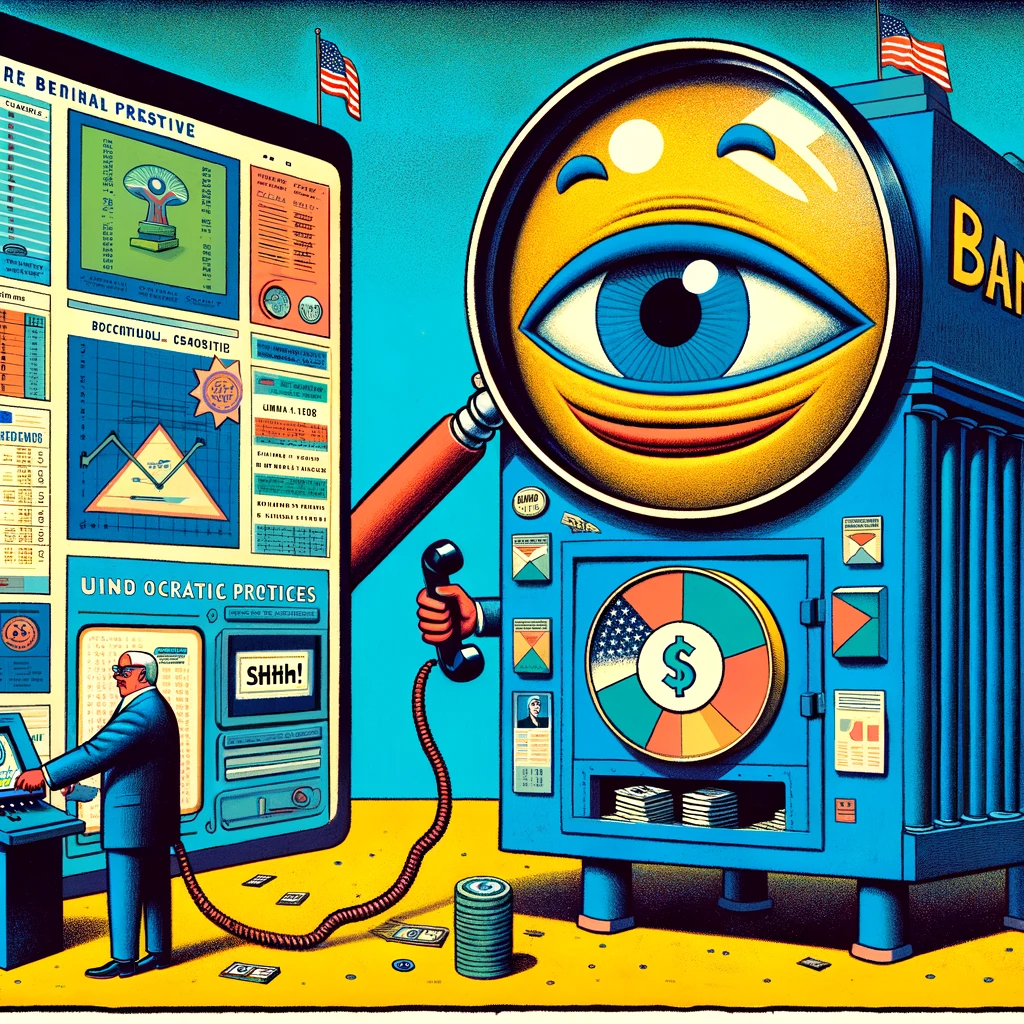Here is a recent article the explains in some detail why these things are they way they are (including SARs), and why it's not necessarily all bad. It's written by an industry insider who has a pretty good reputation, so I consider it worthwhile even though it's a moderately long read.
Excerpt:
"Think of the person from your grade school classes who had the most difficulty at everything. The U.S. expects banks to service people much, much less intelligent than them. Some customers do not understand why a $45 charge and a $32 charge would overdraw an account with $70 in it. The bank will not be more effective at educating them on this than the public school system was given a budget of $100,000 and 12 years to try. This customer calls the bank much more frequently than you do. You can understand why, right? From their perspective, they were just going about their life, doing nothing wrong, and then for some bull**** reason the bank charged them $35.
The reason you have to “jump through hoops” to “simply talk to someone” (a professional, with meaningful decisionmaking authority) is because the system is set up to a) try to dissuade that guy from speaking to someone whose time is expensive and b) believes, on the basis of voluminous evidence, that you are likely that guy until proven otherwise."
The reason you have to “jump through hoops” to “simply talk to someone” (a professional, with meaningful decisionmaking authority) is because the system is set up to a) try to dissuade that guy from speaking to someone whose time is expensive and b) believes, on the basis of voluminous evidence, that you are likely that guy until proven otherwise."
"And because this is insufficiently Kafkaesque, at some financial institutions, you can get a SAR filed for knowing what a SAR is, because “advanced knowledge of anti-moneylaundering procedure” is a characteristic only of financial professionals and terrorists."
